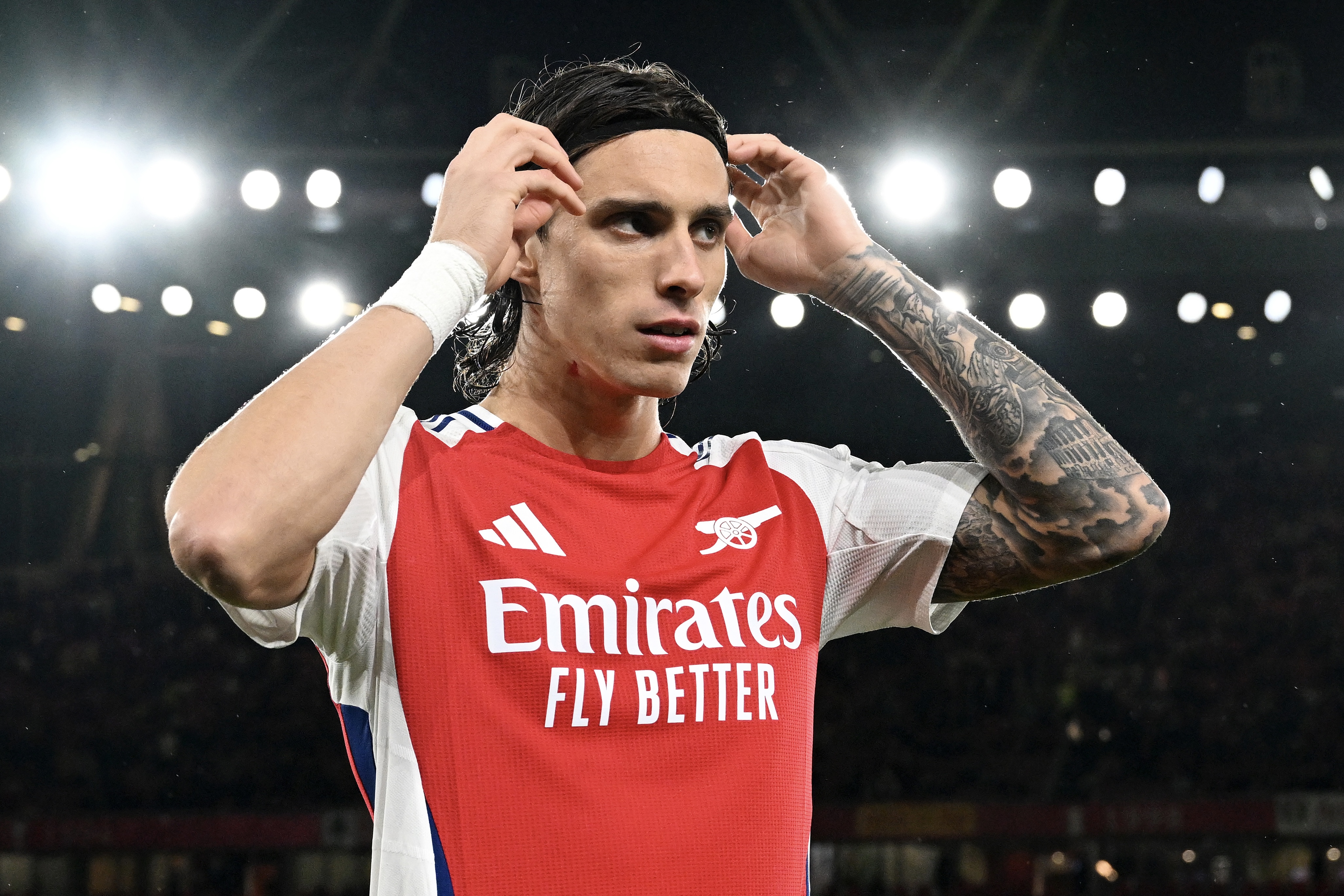It's about time Jamaican football got the respect it deserves. Since the national team's 1-0 Sabina Park win against Haiti almost 100 years ago, Jamaica’s impact on football has been a tale of unsung greatness.
As a second-generation Jamaican living in the UK, my perception of how West Indian culture is portrayed in this country is conflicting. On the one hand, our influence is felt everywhere: in the films we watch, the slang we use, the music we listen to, and the food we eat. This impact dates back to grandparents and the Windrush Generation, when they travelled on a ship from Montego Bay to the UK. My grandparents didn't just bring themselves: they brought their culture.

But the Caribbean diaspora has always lacked proper representation in the mainstream. From experiencing racism to seeing a lack of adequate education on Caribbean history in schools – it always feels like our culture is pigeonholed and placed in a corner. Football is no different.
Despite players like Robbie Earle and Ricardo Gardner in the 90s and 00s to Michail Antonio and Leon Bailey in the present day, Jamaican talent has long been influential in the Premier League. But our country’s presence in football has always played second fiddle to our prowess on the athletics track.
It feels like that tide is starting to turn. With the Reggae Girlz qualifying for the Women’s World Cup yet again later this year, and the Reggae Boyz making a renewed effort to assert themselves on the world stage yet again, Jamaica is witnessing success on the pitch.
That new energy deserves a cultural moment to reflect it, and adidas have delivered that in their first collection for the Jamaica Football Federation in collaboration with Wales Bonner. This is a love letter to Jamaican culture.
After an initial tease at Paris Fashion Week, the full collection landed earlier this week and finally channelled my island’s cultural contribution through the lens of football. The home kit’s pinstripe pattern work emulates 80s Caribbean fashion. The pre-match jersey features patterns found on traditional Fair Isle knitwear. The away kit features collars and cuffs in Wales Bonners’ signature crochet texture. The designer’s own ancestry is felt in every stitch.

"There are over 500,000 people of Jamaican heritage in the UK and moments like this make us feel seen and heard."
The same care has been placed into the recruitment of cultural heavyweights like Kano, Nia Archives and Yaadcore for the kit’s launch. If you wanted to look at how Jamaican culture has – and continues to – influence the world, you need look no further. Historians can trace the roots of hip-hop back to early '60s Jamaica: a whole decade before its often cited '70s New York origins. When rap music was formative, DJs christened their tracks with frantic, tongue-twister-like chatter to hype up their audience. Inspired by dub and reggae sonics, the jungle sound paved the way for grime music in the early 2000. We’ve always been here.
In my lifetime, it’s been rare to see a Non-England team getting discussed as much as the Reggae Boyz and Girlz right now. There are over 500,000 people of Jamaican heritage in the UK and moments like this make us feel seen and heard. When the kits dropped, my older brother and I frantically texted to find out which kits we were going to get. With his six-week-old son on his lap, my brother discussed how he’d like to get a shirt just so he could stow it away as a collectible for when his boy grows up.
Jamaican folk have been forerunners for innovation for decades now. From pitch stars to performers, all the way down to our proficiency with pots and pans, we’re a living, breathing nation of trendsetters. Our island, 895 times smaller than the United States, has influenced billions. A moment like this gives Jamaican culture the respect in football it finally deserves.


.svg)




.jpg)












.jpg)




















%202.jpg)


%20copy-2.jpg)






%202.jpg)





































.jpg)

.jpg)



.png)


.jpg)

.jpg)
.jpg)

.jpg)






.jpg)














.jpg)

.jpg)











.jpg)























%202.jpg)




.jpg)









.png)














